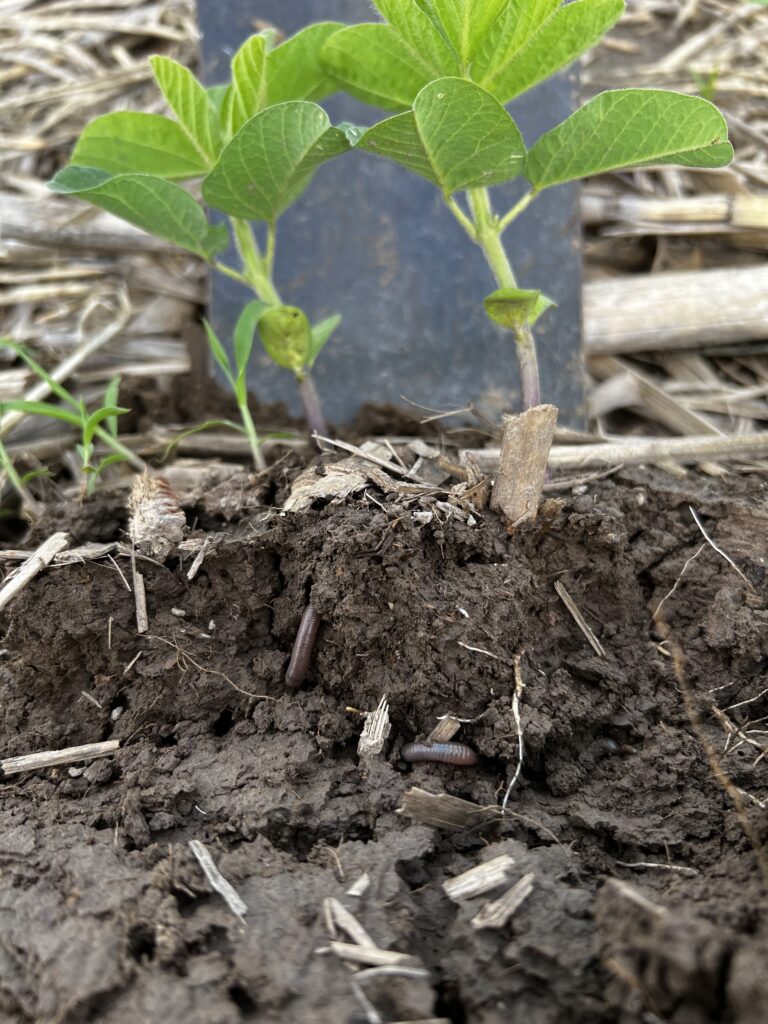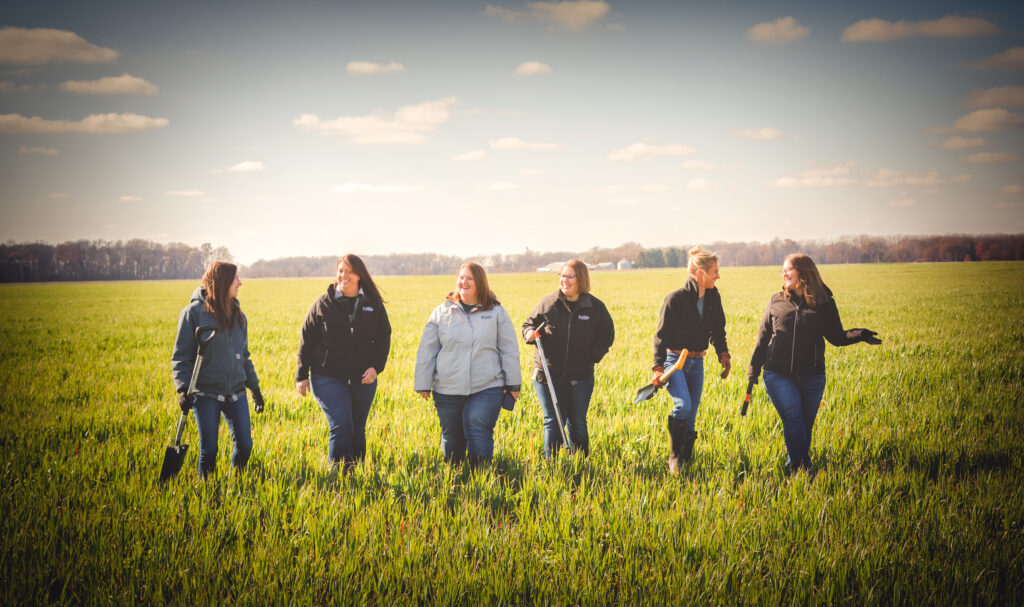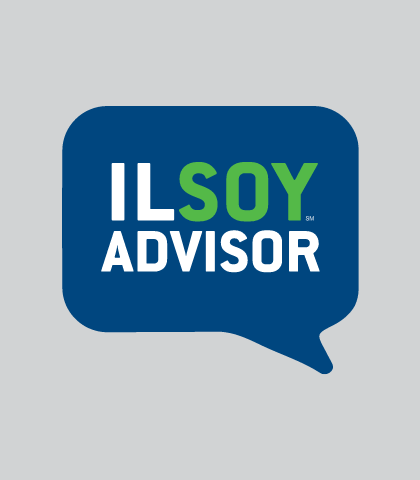All throughout 2022, soybeans looked like the better crop for most farmers. It wasn’t until the end of harvest that many farmers were pleased with the crop but not impressed.
Within soybean production, it has been trending towards in-season management decisions that are making a difference in the end of the year outcome. The 2022 soybean prices shed a light on how impactful soybeans can be on your bottom line. Soybean management is becoming just as high of a priority as corn management.
The challenge with that, according to most farmers I talk to, is that soybean yields come to a plateau and achieving that higher bean yield is a challenge. I look to experts in this field like Dr. Connor Sible and Dr. Giovani Preza-Fontes with Illinois Extension and our Soy Envoy class to find those management tactics that will get your yields higher.
In-season foliar applications, whether it be fungicide or micronutrients, weed control packages, and soil health systems, have all been drivers on a multitude of fields I have seen that are consistently driving yields of 70 bushels and higher. We also don’t use yield as the only success indicator. Resiliency to extreme weather events, soil loss and unpredictable IPM concerns are equally important.
Top concerns from most farmers are weed control and planting date. An additional concern that needs more attention is soybean cyst nematode tactics. The Illinois Soybean Association (ISA) agronomists have developed tools and compiled information to address those challenges and more.
Our agronomy team at ISA wants to drive more research originating from within the state. We currently have research projects across Illinois that span from cover crops to N, P, and K fertilizer management. You can learn more about ISA checkoff funded research at www.ilsoyadvisor.com/learn.
The state of Illinois is large and soybean management varies from north to south to east to west. Our team will be on the road across Illinois this growing season with regional data and to connect you with the right individuals to assist you on your farm. We will be with you in-season walking fields and reporting crop information via our new Crop Report resource found on ILSoyAdvisor.com.
What drives our passion and work is connecting with farmers. The checkoff is your tool to address soybean production concerns whether that be chemical usage, soil and water quality, carbon programs, and more. Our team is available and ready to work with you.

This story originally appeared in the February 20, 2023 edition of FarmWeek Spring Planting section.




 and then
and then